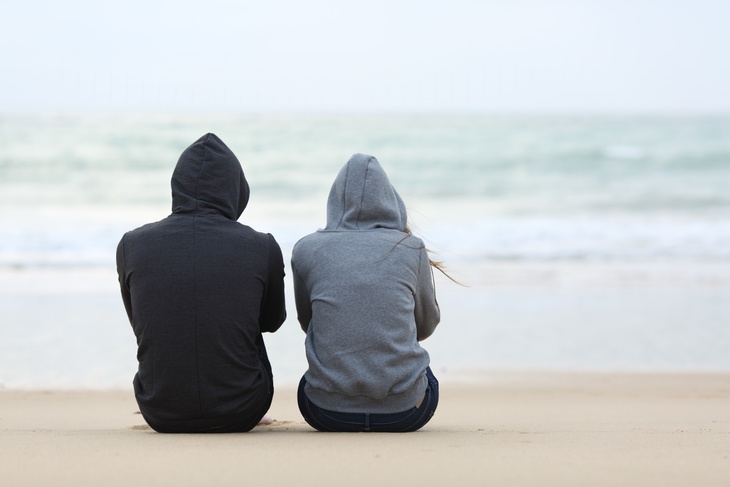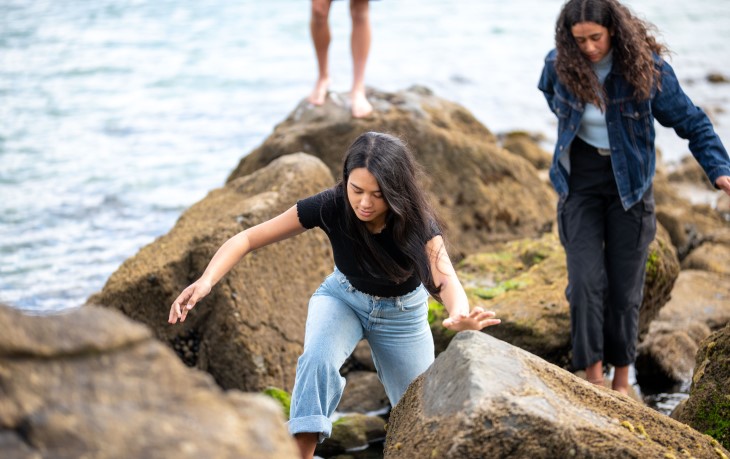ACC invests $44.9 million in Healthy Consensual Relationships

ACC is investing $44.9 million to establish a sexual violence primary prevention system over the next four years.
ACC is investing $44.9 million over four years to establish a fit-for-purpose sexual violence primary prevention system, Minister for ACC Carmel Sepuloni announced today. The investment includes $11.715 million for kaupapa Māori approaches.
- New Zealand has one of the highest rates of sexual violence in the OECD.
- This new Te-Tiriti-informed primary prevention system considers both tauiwi and kaupapa Māori perspectives. It will provide long-term, sustained investment to address the underlying causes of sexual violence and change attitudes and behaviours.
- ACC will now begin work on designing and implementing this new sexual violence prevention programme alongside other government agencies, specialist services, providers, iwi and communities.
“Almost a quarter of adults in New Zealand have experienced sexual violence in their lifetime, and around one in six people are affected by sexual violence before the age of 18,” says Carmel Sepuloni.
“These high rates cannot continue. We need to put in place systems that protect our whānau and our future generations.
“The new Te-Tiriti-informed primary prevention system announced today will provide long-term, sustained investment and enhance our Government’s effort to prevent sexual violence. The package includes $11.715 million of targeted investment for kaupapa Māori approaches. It will enhance the primary prevention system in Aotearoa New Zealand.”
“Primary prevention works to address the underlying drivers that lead to violence,” says Minister for the Prevention of Family Violence and Sexual Violence Marama Davidson.
“We do this by identifying the systemic causes that lead to sexual violence and changing individual and community attitudes and behaviours.
“The system will focus on more than just violence, it will look at the whole community and address the social drivers that allow sexual violence to occur.”
The system will focus on those who are impacted most by both violence and our current response gaps – Māori, Pasifika, disabled, rainbow, ethnic and migrant communities as well as older New Zealanders – and include a range of initiatives, including education, workforce development, community mobilisation and behaviour change.
“The approach being taken by ACC aligns with the wider kaupapa of the Joint Venture and soon-to-be-released National Strategy, which recognises that we cannot eliminate violence if we focus solely on response. This is why we are working with communities to develop prevention and healing components to stop violence from happening in the first place,” says Marama Davidson.
“ACC will continue to work with the Joint Venture across government, iwi, communities and providers on the design phase. Looking at the most effective and efficient ways of implementing this new way of preventing sexual violence,” says Carmel Sepuloni.
“One of the first priorities will be establishing sustainable ways for communities to mobilise and develop a greater understanding of mana-enhancing and tapu-enriched healthy, consensual relationships.
“This community mobilisation will help reinforce healthy relationship education in schools, being led by the Ministry of Education.”
“As Treaty partners, ACC will prioritise Māori and partner with whānau, hapū, iwi and Māori communities,” says Associate Minister for ACC Willie Jackson.
“Māori are disproportionately impacted by sexual violence and, while many effects are common for all people, Māori experience sexual violence in culturally distinct ways. This requires solutions that are led by Māori, with Māori and for Māori.
“ACC has been working very hard to address equity for Māori who traditionally receive less support through ACC. Today’s announcement is another step in the right direction.”
To help understand the total economic cost of sexual violence in New Zealand, ACC commissioned BERL to undertake research into the problem. BERL estimates sexual violence costs Aotearoa New Zealand over $6.9 billion annually.
The final report has been published on the ACC website.
Estimate of the total economic costs of sexual violence in New Zealand




